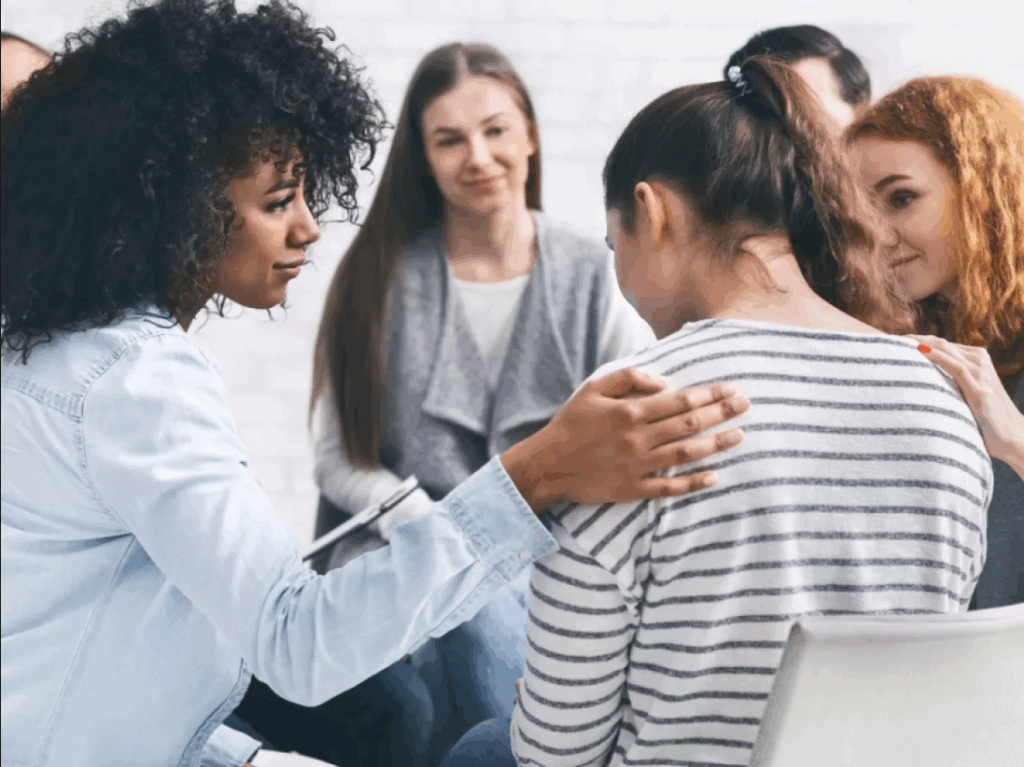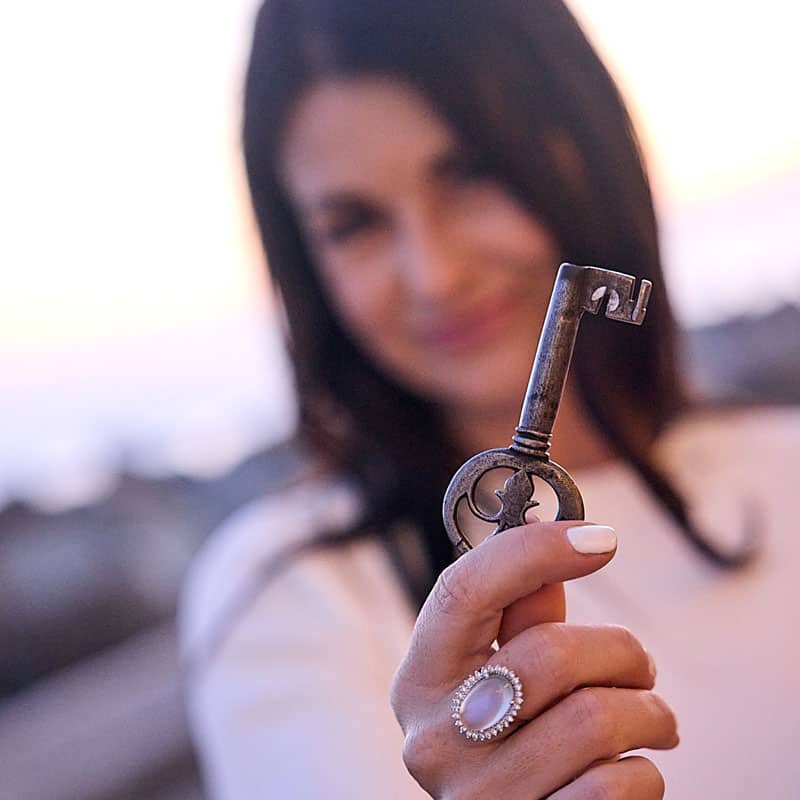8 Culturally Insensitive Phrases and What to Say Instead

We live in an increasingly diverse world. Social dialogue about constructs related to diversity, like race, ethnicity, sexual orientation, gender identity, body size, immigration status, and age, hold considerable attention and controversy in the United States today, including in the professional medical community (Kamalumpundi et al., 2024). Not only do these factors differentially influence the lived experiences of people, but talking about them is often associated with strong, personally relevant emotional reactions that make many shy away from meaningful discussion. In fact, many people are afraid to take part in these conversations because they don’t want to say something that might offend others (Sue et al., 2019).
In psychological terms, culturally insensitive verbal and behavioral communications that reflect negative, stereotypic, and derogatory insults toward people of a socially marginalized group are referred to as microaggressions (American Psychological Association; Williams, 2019). Although sometimes intentional, these commonplace slights often unintentionally communicate degrading sentiment and reflect internalized cultural biases—stereotypes that we learn unconsciously through social interactions that we may not consciously believe (Sue & Spanierman, 2020).
The truth is that it’s very likely that all of us will say something culturally insensitive that will offend someone else. Even people with the best intentions will say or do something that comes across as racist, sexist, classist, homophobic, or discriminatory at some point. These uncomfortable moments often lead people to stop the conversation—because it’s hard to talk about! Yet, this is actually the best time to lean in, acknowledge the difficult dialogue, and continue the conversation with an openness to learning and relationship repair (Sue et al., 2019).
Scholars have tried to give examples of communication that can be offensive and how it affects mental health (e.g., Wong et al., 2016; Sue et al., 2019; Sue & Spanierman, 2020). In the interest of continuing this discourse, here are eight commonly used phrases that can be culturally insensitive and what to say instead.
1. “What are you?”
When someone is unclear about a person’s racial, ethnic, or gender identity, sometimes they ask about it in a way that can sound insulting. Asking someone “what they are” is ambiguous and sounds inhumane.
What to Say Instead: “How do you identify ethnically or racially?” Or, “What is your gender identity?”
2. “Are you sure you want to eat that?”
It’s very common in mainstream Western cultures to hold anti-fat attitudes (Danielsdottir, O’Brien, & Ciao, 2010). For example, many Americans believe that overweight or obese people are lazy, smelly, ugly, unintelligent, and unattractive. If we hold those attitudes, we may communicate negative weight-based stigma by commenting on what people should eat, how they look, or how they are assumed to be personally.
What to Say Instead: “I’m concerned about your health—would you be open to talking about it sometime?”
3. “You’re great at math–for a girl!”
We’re raised in a culture that holds strong stereotypes about the skills and abilities of certain groups based on demographic features. When we’re surprised because someone outperforms our expectations for a given group, it can be offensive.
What to Say Instead: “You’re a really impressive mathematician!” Or, “I wish I were as good at math as you are.”
4. “Where are you really from?”
When someone is from a racial or ethnic minority group, some people may assume that the person isn’t from the United States or another Western cultural context—like Canada or parts of Western Europe. When someone shares that they’re American, for example, it can be offensive to follow up with a comment implying that they aren’t really from the United States.
What to Say Instead: “What is your ethnic or racial background?” Or, “What is your cultural ancestry?”
5. “I have Black friends.”
In an effort to show solidarity and cultural understanding, people often communicate that they have BIPOC friends. While often well-intentioned, having friends from a minority group doesn’t mean that we haven’t internalized discriminatory cultural norms and beliefs that would benefit from modification.
What to Say Instead: “I strive not to be biased or judgmental toward minority groups.” Or, “I’m sensitive to the ways in which I have privilege and actively try to appreciate diverse perspectives.”
6. “Look at them…” (with a disapproving expression)
People are greatly diverse with regard to their clothing choices, appearance ideals, and style. When we communicate that they are somehow flawed for their dress—whether it’s having tattoos, blue hair, expressing a different gender or cultural identity, or wearing different types of clothing—it communicates that they are somehow bad, unattractive, and flawed.
What to Say Instead: “I’m glad that person is being authentically themselves.” Or, in conversation with someone, respectfully saying something like, “I noticed your style—do you mind if I ask you about it?”
7. “Oh, you speak English.”
There is sometimes an assumption that if you’re not white, you don’t speak English or that it’s not your first language. If that is communicated, it can be offensive.
What to Say Instead: Instead of being surprised, ask the person where they grew up and acknowledge your own bias internally.
8. “All lives matter.”
This phrase has received a great deal of attention in recent years because of cultural backlash to the “Black Lives Matter” movement, highlighting racist experiences that disproportionately harmed people of color. Although all lives do matter, using this phrase is often seen as dismissing the very important history of discrimination that continues to affect BIPOC people.
What to Say Instead: “Although I believe that all human lives have equal value, I also see that people have been discriminated against based on demographic features in harmful ways.”
The importance of continuing difficult conversations
It can be really difficult to have conversations about multicultural topics because they are often so heated. In addition, sharing our feelings makes us vulnerable, may bring up triggering experiences from the past, and can make anyone who is in a minority group responsible for educating others—which is sometimes welcome and other times incredibly irritating (Sue et al., 2019).
Yet, the best way to become more culturally informed and grow—as individuals, groups, and society as a whole—is to talk about it in a nonjudgmental, open way. For all of us to share our experiences, be receptive to feedback from others, and continue to learn in our ever-changing, diverse world. Even if the conversation is difficult or we make a mistake with our language, the intention to communicate about difficult topics with an open-minded, well-intended attitude is key to shifting discriminatory cultural norms, practices, and structures.
*Note: This post is dedicated to Dr. Stanley Sue (1944–2004), a true pioneer in the field of psychology.
Image source: Source: Konstantin Postumitenko / Prostock-studio
TO READ MORE OF DR. CORTNEY'S WORK, SUBSCRIBE TO HER BLOG
Safe subscribe. You will have the opportunity to opt-out with every notice we send.

